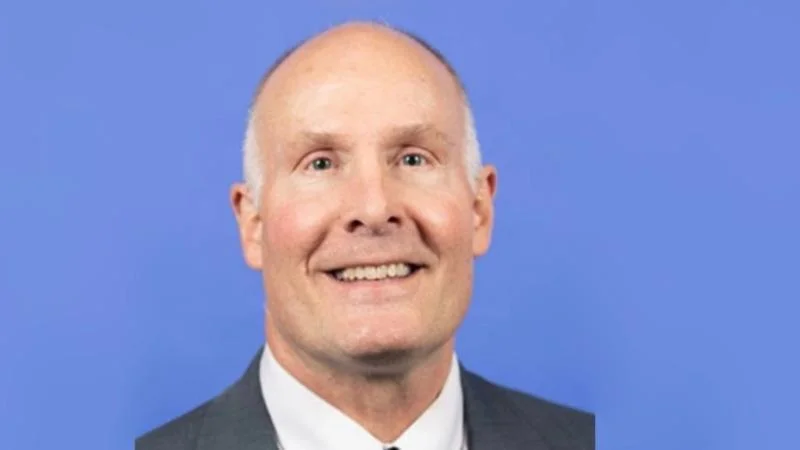Chairman John Moolenaar of the House Select Committee on China has called on Columbia University to end its involvement with exchange programs linked to organizations affiliated with the Chinese Communist Party (CCP). In a letter addressed to Acting President Claire Shipman, Moolenaar cited concerns about the China-United States Exchange Foundation (CUSEF), which he described as being connected to the CCP's United Front system.
A student group at Columbia is currently promoting a trip to China scheduled for January 2026, with funding provided by CUSEF. Moolenaar stated, "As the Select Committee and U.S. intelligence officials have warned in the past, CUSEF is an instrument of the CCP’s approach to political warfare, including influence operations intended to shape Americans’ views toward the People’s Republic of China (PRC) government."
He further urged university leadership to act swiftly: “In the interest of protecting students and the integrity of Columbia University’s programs, I urge you to immediately terminate any ties that the university or its student groups have with CUSEF and commit to a rigorous review of student groups’ foreign funding and partnerships going forward.”
The United Front system has been described by Chinese authorities as a "magic weapon." In 2023, the House Select Committee authored a memo titled United Front 101, which outlined how organizations like CUSEF are used by the CCP to expand its influence internationally. The memo explained: “United front work is a unique blend of engagement, influence activities, and intelligence operations that the Chinese Communist Party (CCP) uses to shape its political environment, including to influence other countries’ policy toward the PRC and to gain access to advanced foreign technology. It is carried out by an extensive and well-documented network of organizations operating in parallel to the People’s Republic of China’s (PRC) foreign ministry and intelligence services that seeks to influence universities, think tanks, civic groups, other prominent individuals and institutions, and public opinion broadly.”
The full text of Chairman Moolenaar's letter can be accessed online.








